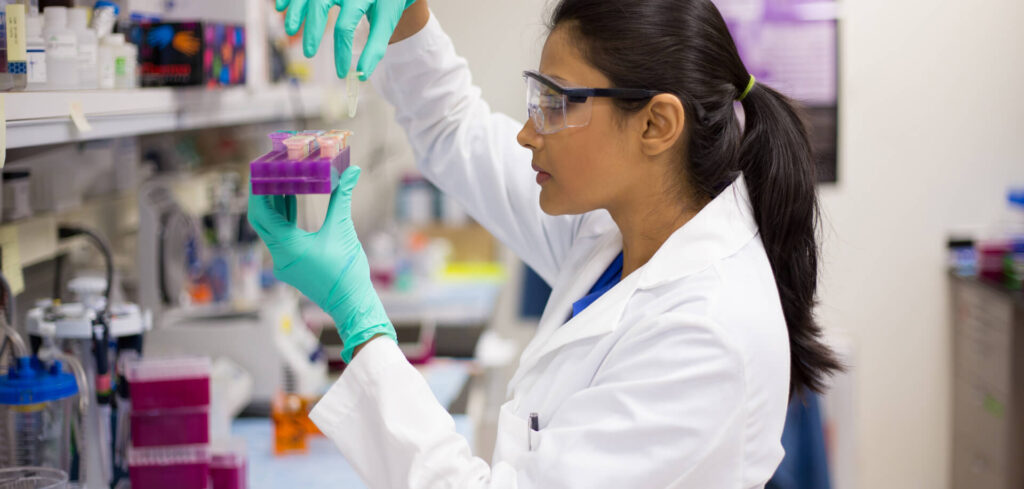Pennsylvania Life Sciences Greenhouse Initiative (LSG)
The Pennsylvania Life Sciences Greenhouse initiative operates across a network of three regional life sciences organizations. These organizations support the development and growth of the life science ecosystem through critical early-stage funding and sector-specific business expertise.
Ben Franklin Technology Partners (BFTP)
The BFTP are a national model for technology-based economic development programs. BFTP provides both early-stage, technology-based firms and established manufacturers with funding, business and technical expertise, and access to a network of innovative, expert resources.
Penn Center for Innovation
University of Pennsylvania’s Penn Center for Innovation facilitates technology transfer from university research to the private sector through licensing, R&D alliances, and other commercial partnering opportunities. Opportunities exist in a broad range of sectors, including nanotechnology, electronic materials, robotics, computer information systems, bioengineering, medical devices, and more.
Innovation Partnership (IPart)
The Innovation Partnership helps Pennsylvania-based companies secure federal funding opportunities through the SBIR/STTR programs. It is a statewide consortium of economic development, business assistance, and higher education organizations that provide early-stage technology companies with free proposal writing assistance, training, and financial assistance.
University City Science Center
The University City Science Center is a Philadelphia-based nonprofit organization helping healthcare and tech startups commercialize and scale up their technologies. Convening members of the innovation ecosystem from across industry, academia, and finance, the Science Center helps mobilize capital, cultivates STEM talent, and supports the ongoing growth of the life sciences industry.
Human Engineering Research Laboratories (HERL)
The Human Engineering Research Laboratories at the University of Pittsburgh are part of the US Department of Veterans Affairs as the Center for Wheelchairs and Assistive Robotics Engineering. HERL’s work improves the mobility and function of people with disabilities through advanced engineering in clinical research and medical rehabilitation.

